21 GPTs for Legal Document Analysis Powered by AI for Free of 2026
AI GPTs for Legal Document Analysis refer to advanced AI tools based on Generative Pre-trained Transformers, tailored for analyzing and interpreting legal documents. These tools utilize deep learning to understand, summarize, and offer insights on legal texts, making them highly relevant for automating and enhancing legal processes.
Top 10 GPTs for Legal Document Analysis are: Ai PDF,PDF Insight,OCR-GPT,Journal Recognizer,文档校对师,PDF Analyzer,AI Associate,ChatDoc,LegisPro,Legal AI Tutor
Ai PDF
Revolutionizing PDFs with AI Insight
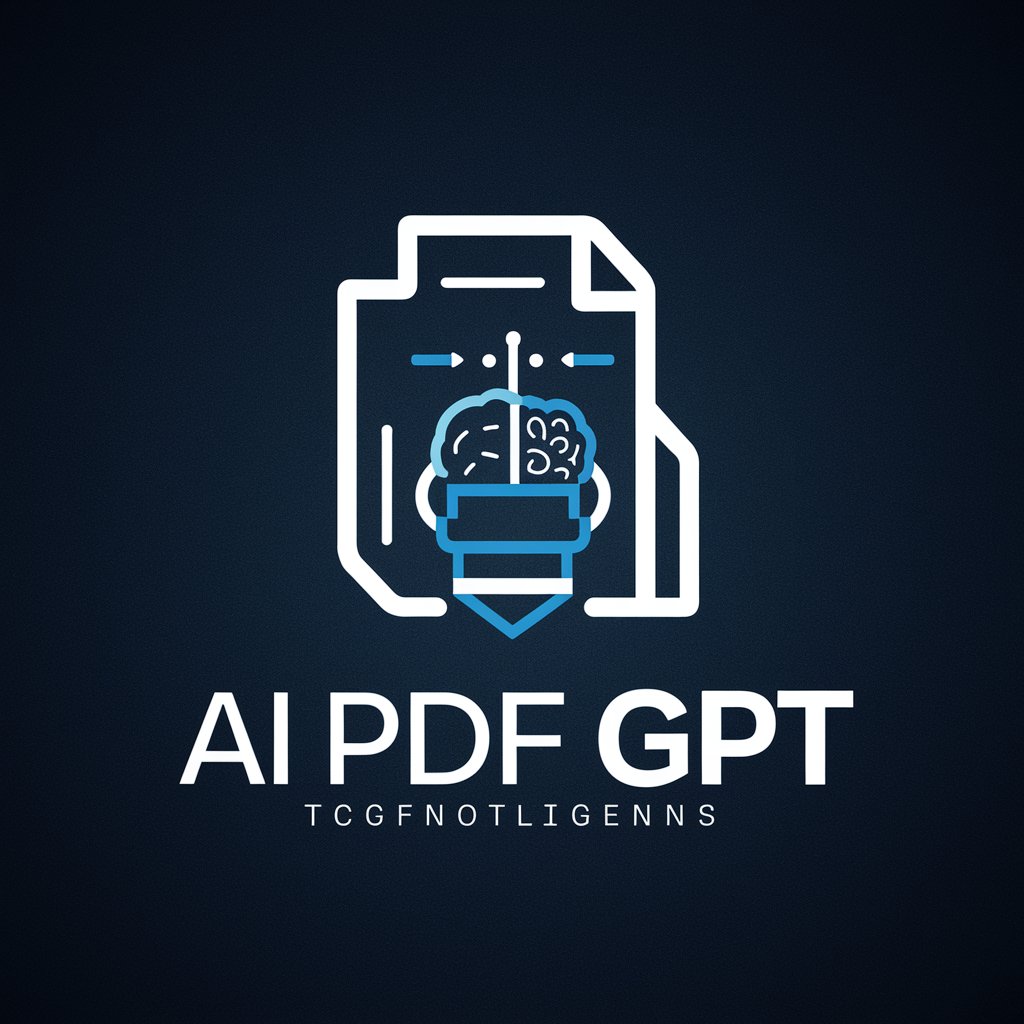
PDF Insight
Unveiling Insights from Every PDF
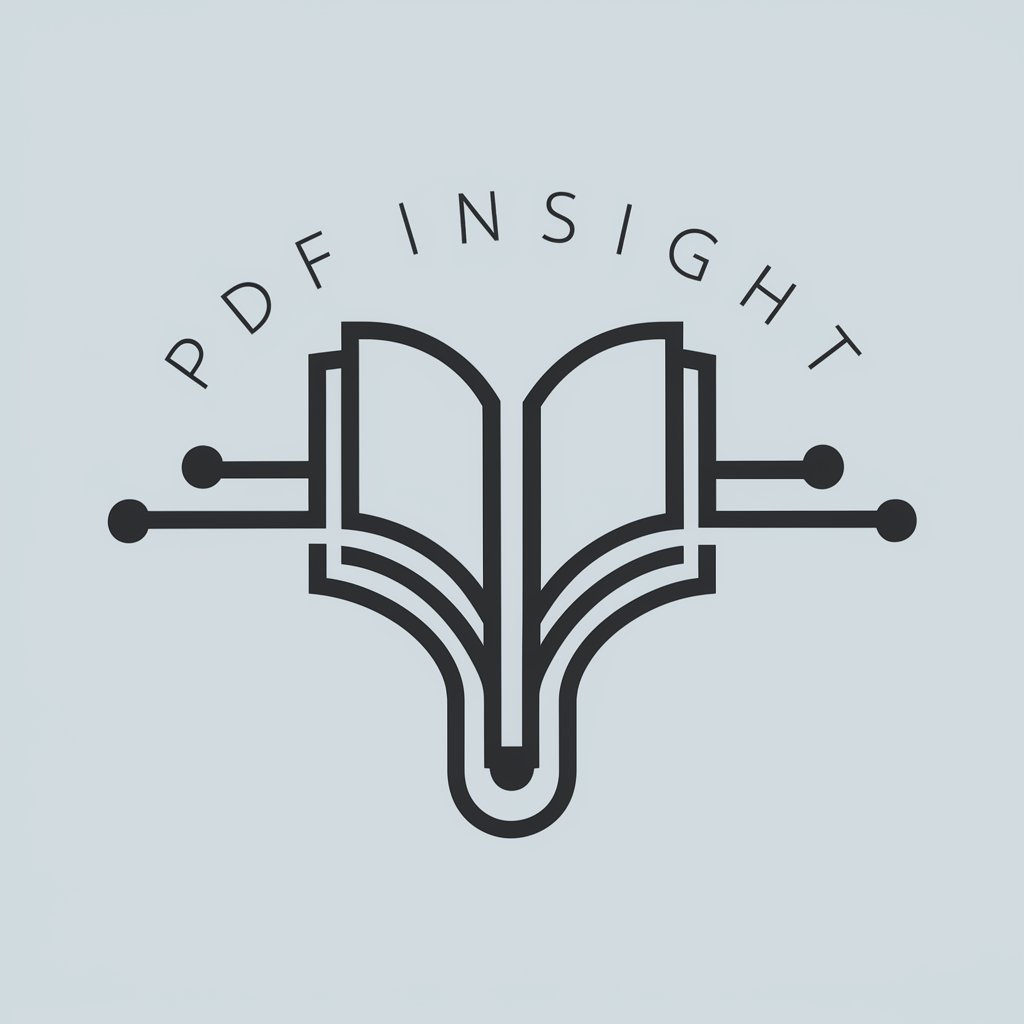
OCR-GPT
AI-powered OCR for effortless digitization
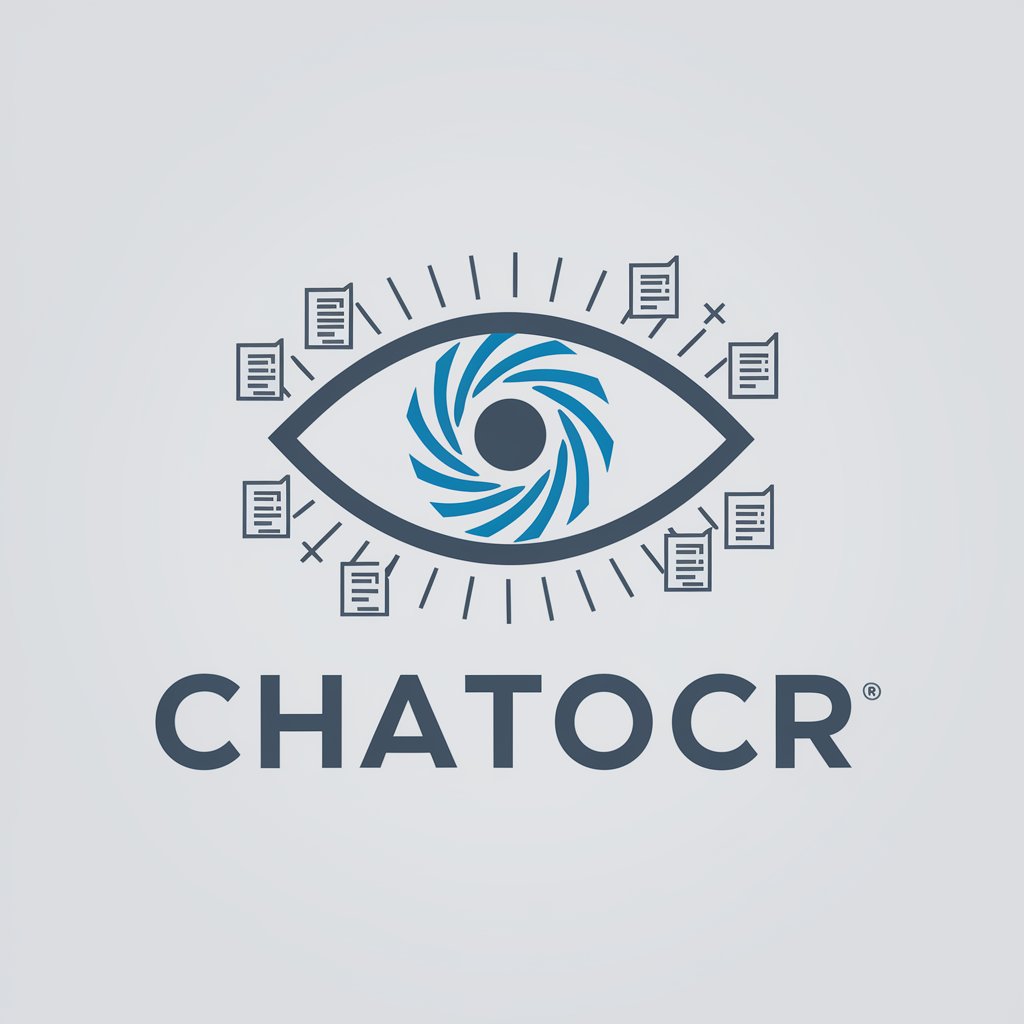
Journal Recognizer
Transcribe, Analyze, and Summarize with AI

文档校对师
Precision in Every Pixel, Clarity in Every Character
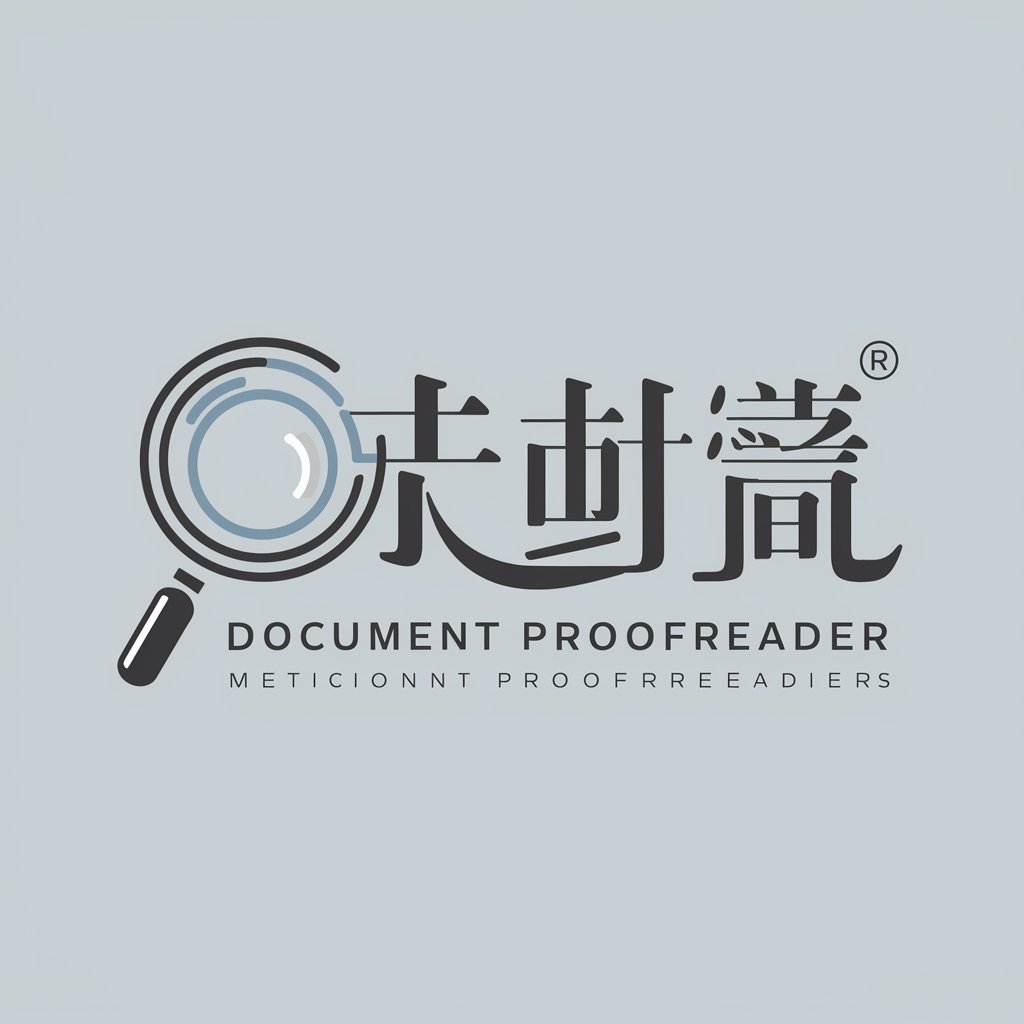
PDF Analyzer
Unveiling the Depths of Your Documents
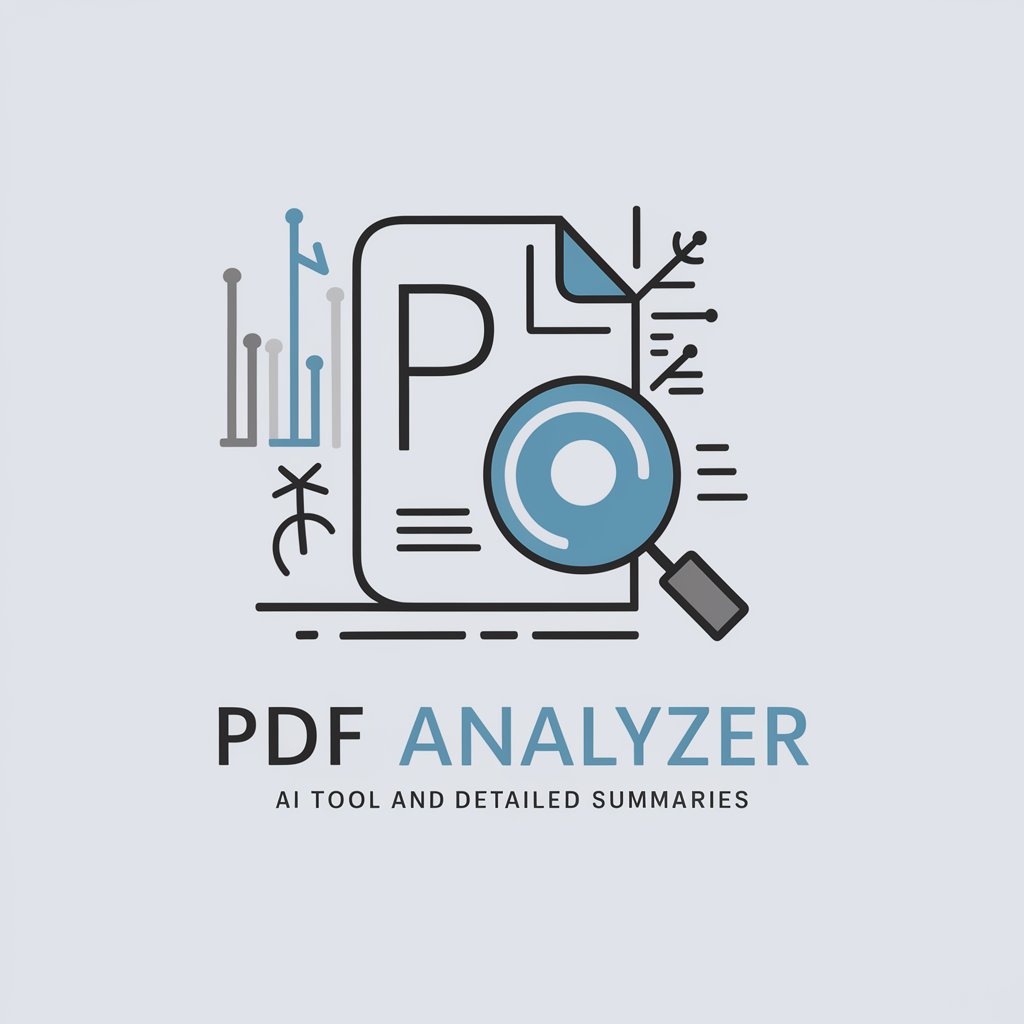
AI Associate
Your AI-Powered Assistant for Precision and Knowledge

ChatDoc
Unlock Insights with AI-Powered Document Analysis
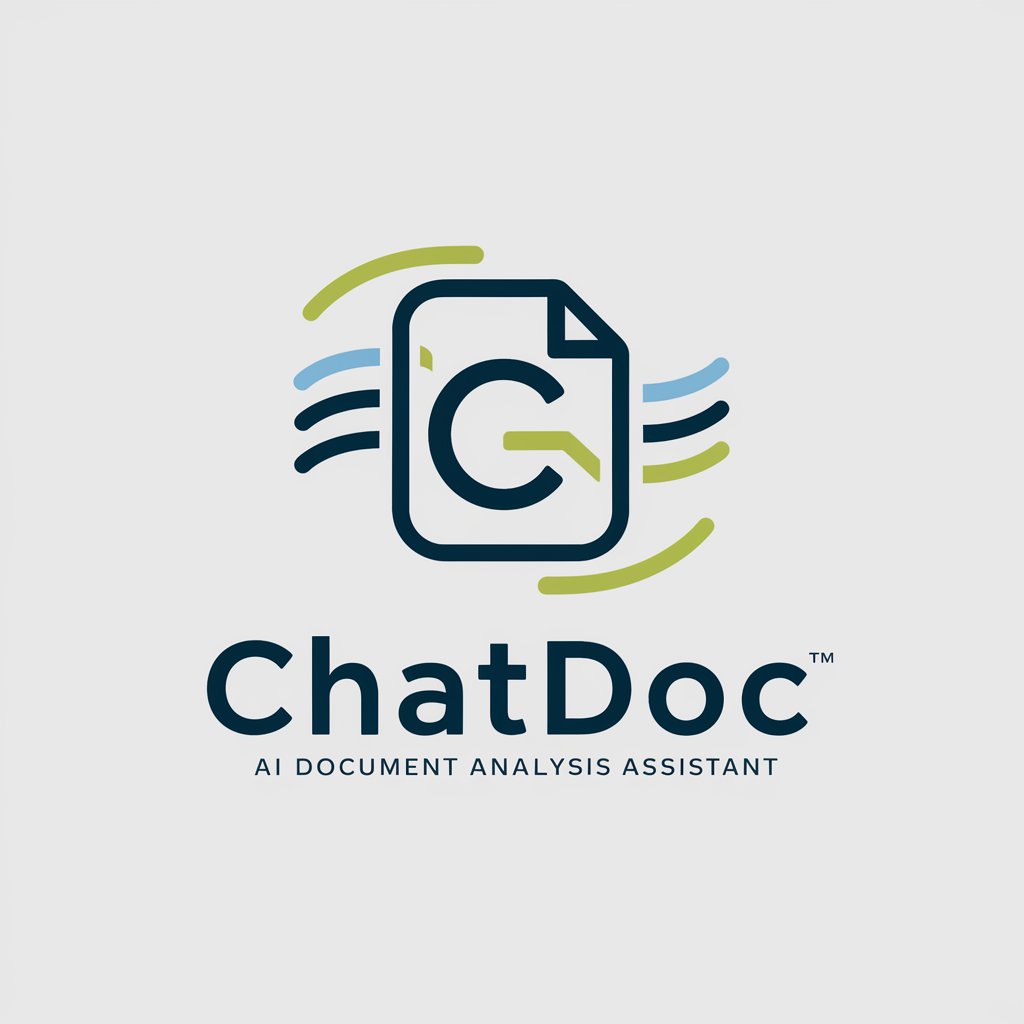
LegisPro
Empowering Legislative Excellence with AI
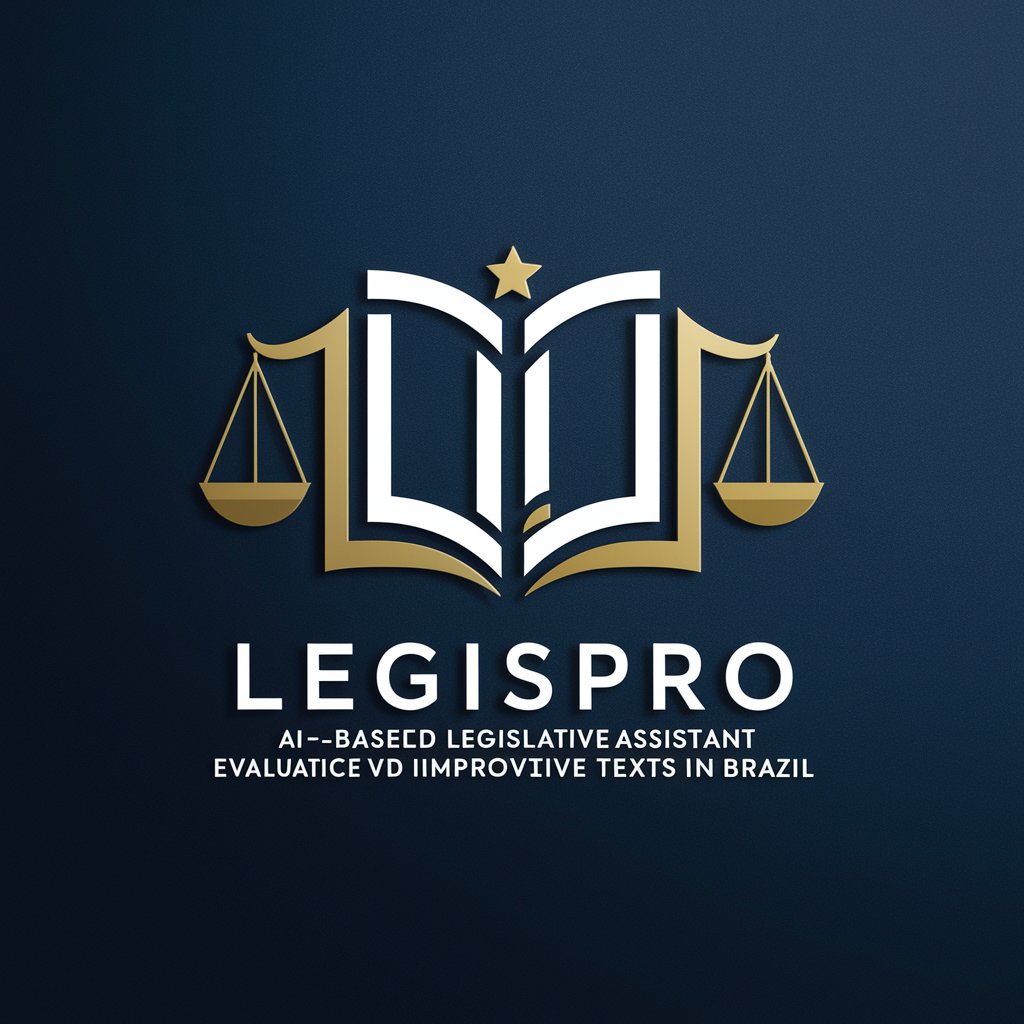
Legal AI Tutor
Empowering Legal Minds with AI
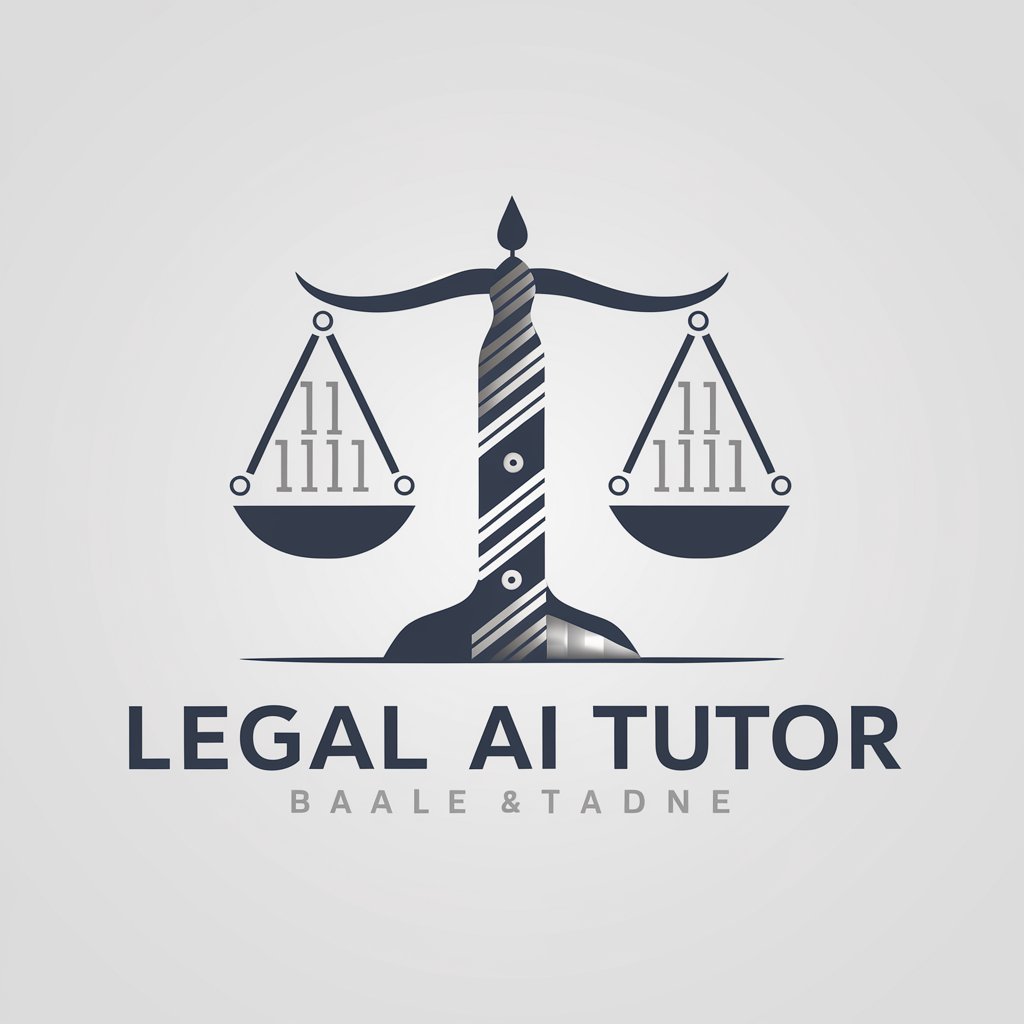
Free-Equal
Empowering Human Rights Through AI
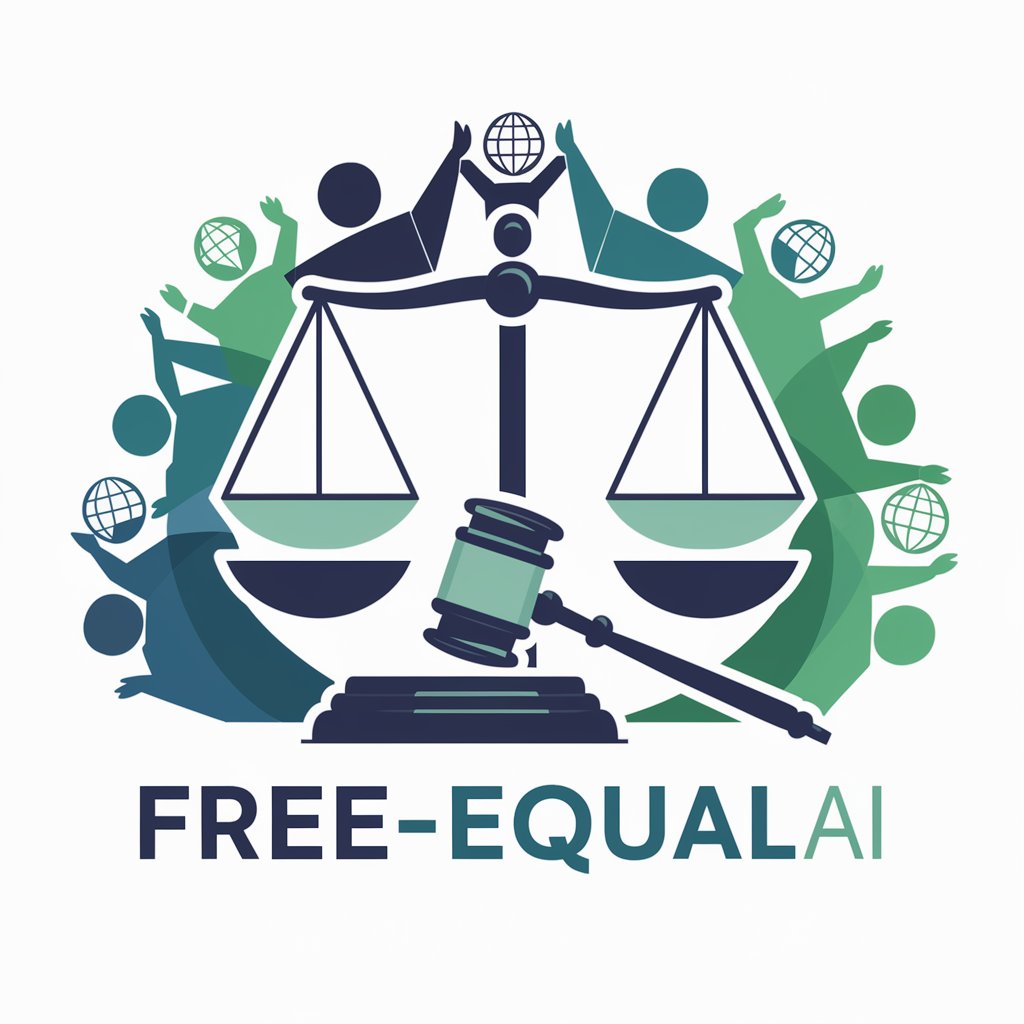
DocDash
Empowering Your Documents with AI Insight

Overeager First-Year Associate - Transactional Law
Streamlining Transactional Law with AI
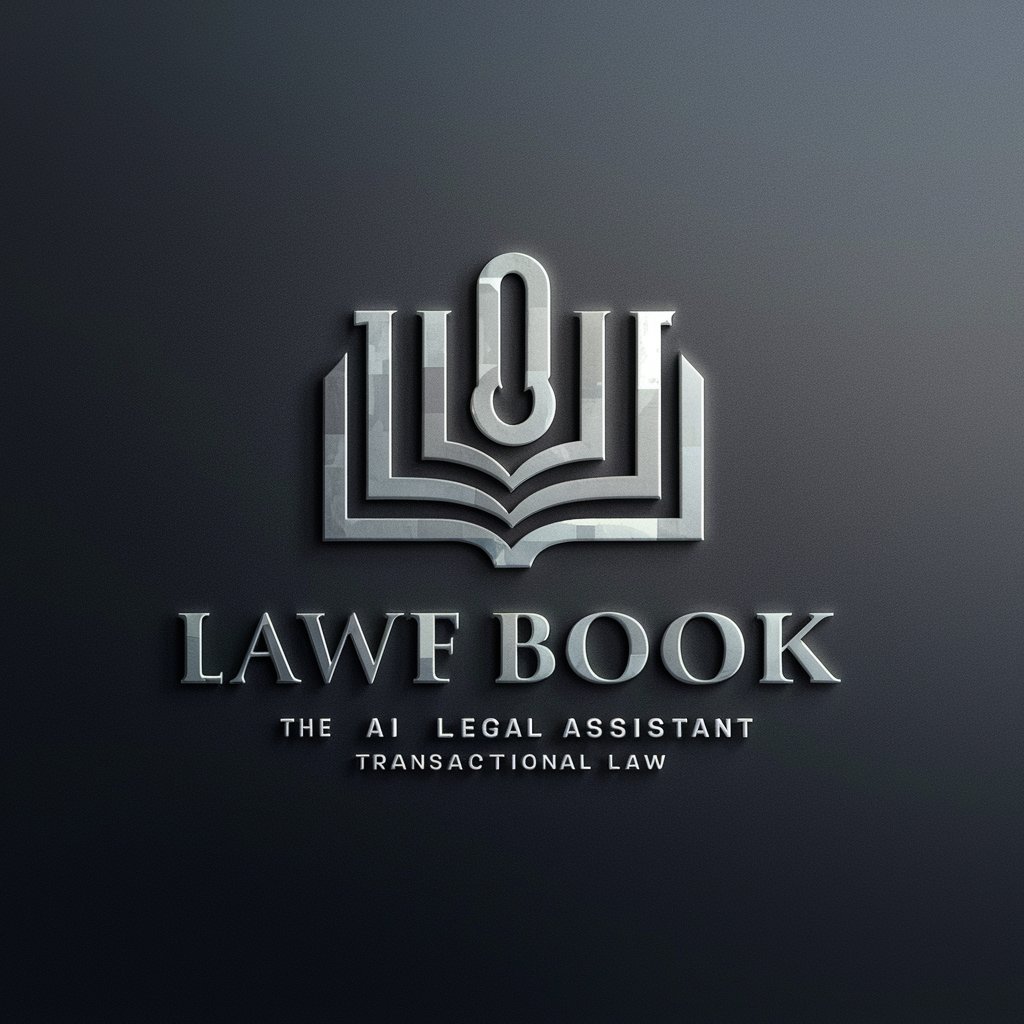
BOE para Humanos
Simplifying Legal Texts with AI
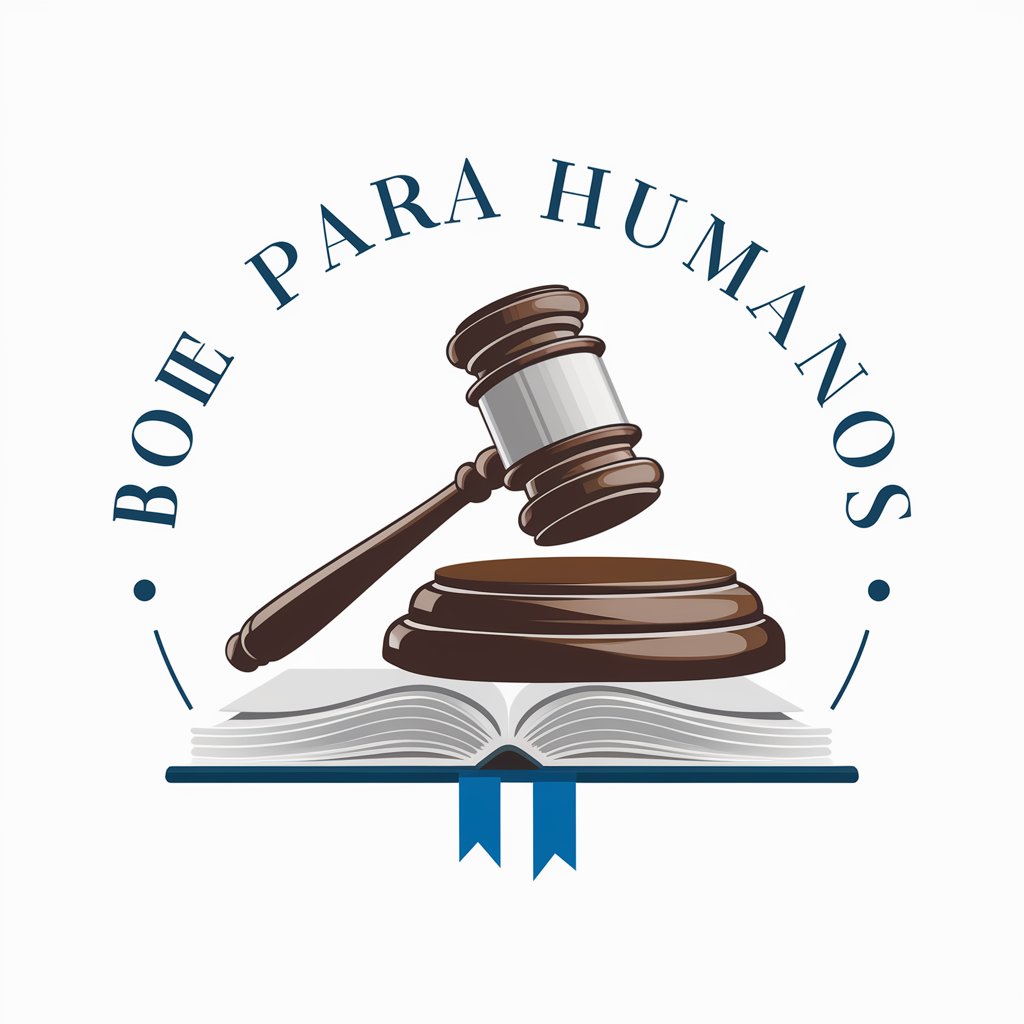
Document CHAT
Smart AI for Smarter Document Insights
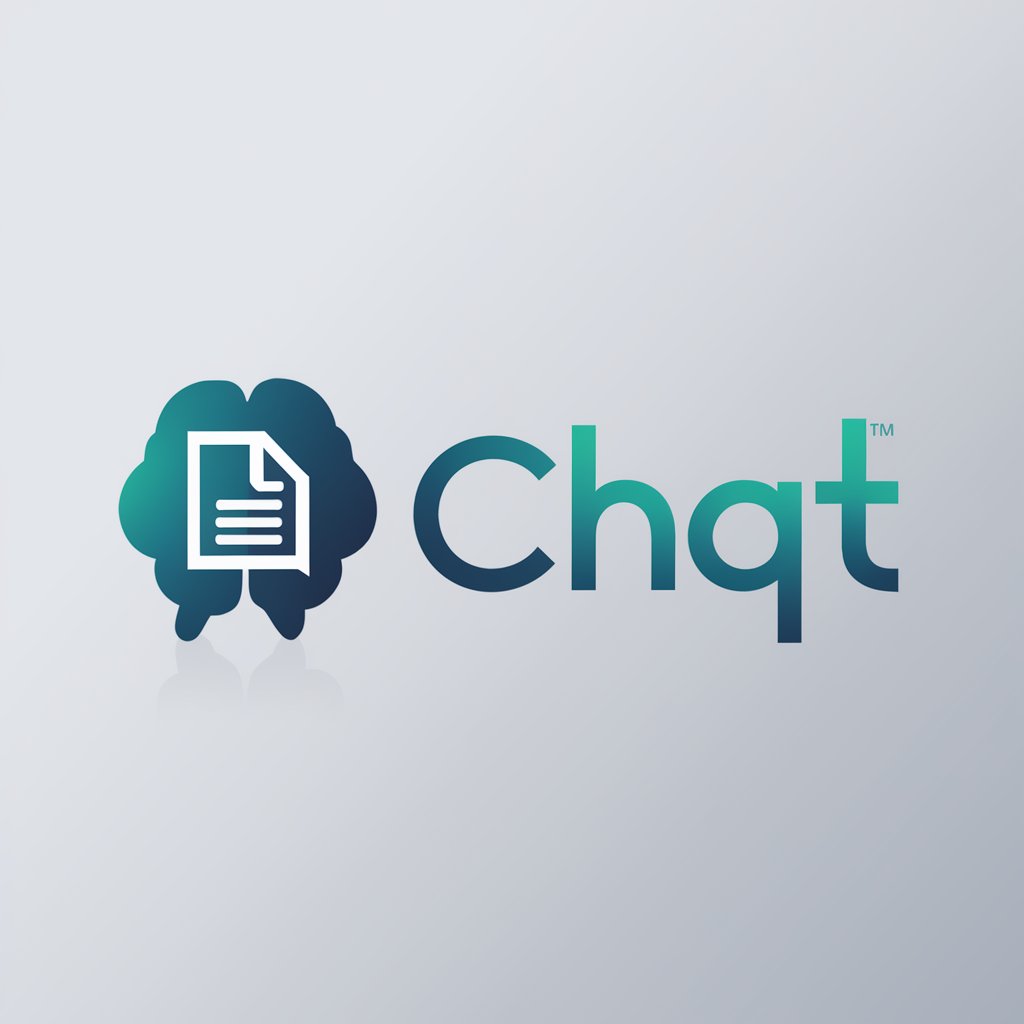
LawGPT
Empowering Legal Understanding with AI
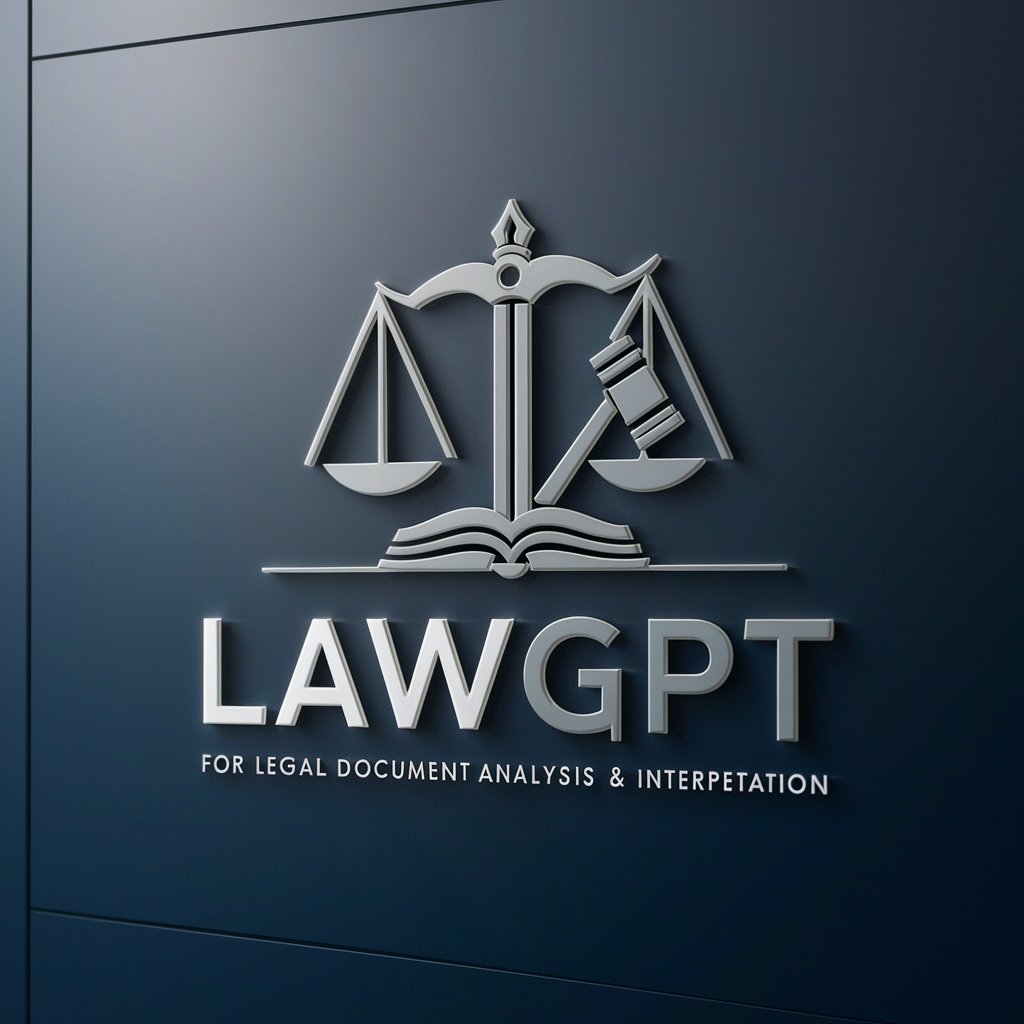
JurisVision
Empowering Legal Professionals with AI-Powered Analysis
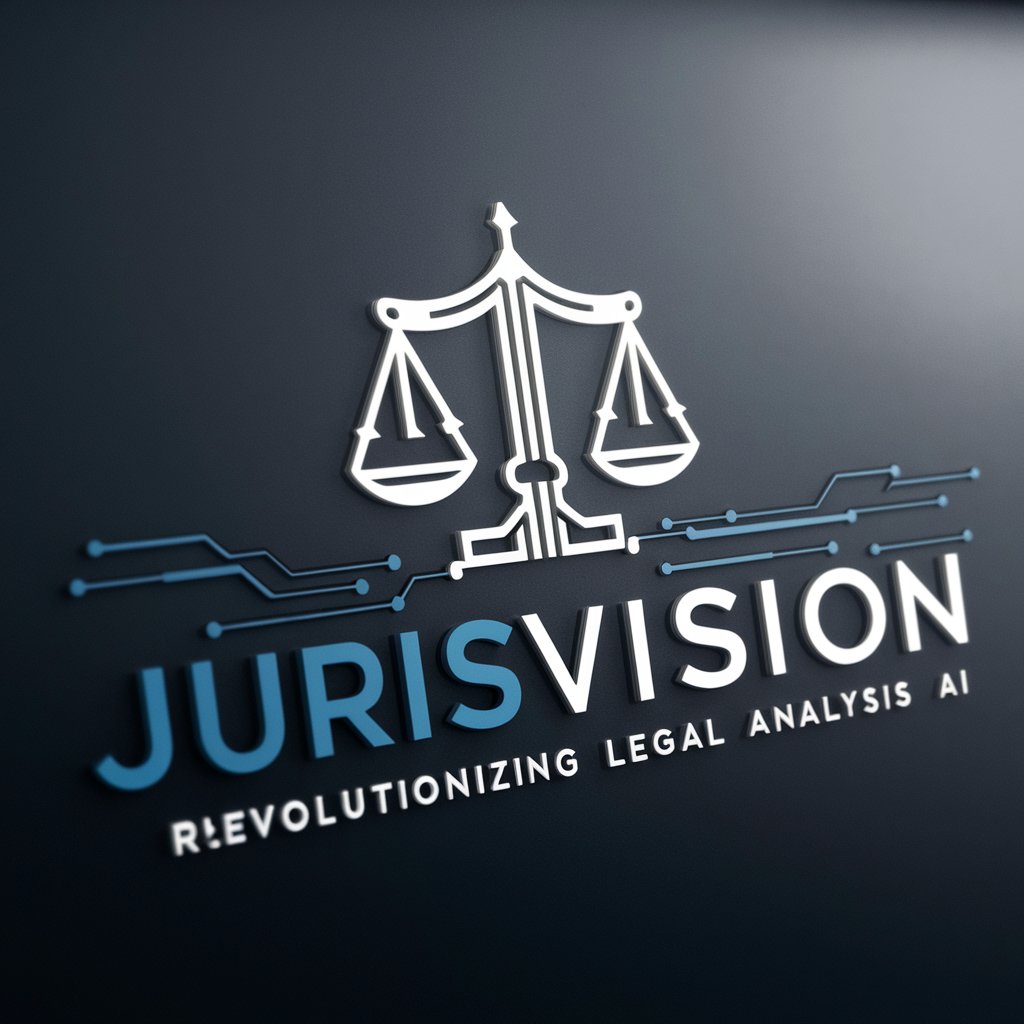
Documentation Analyser by Mojju
Elevate Your Writing with AI Insight
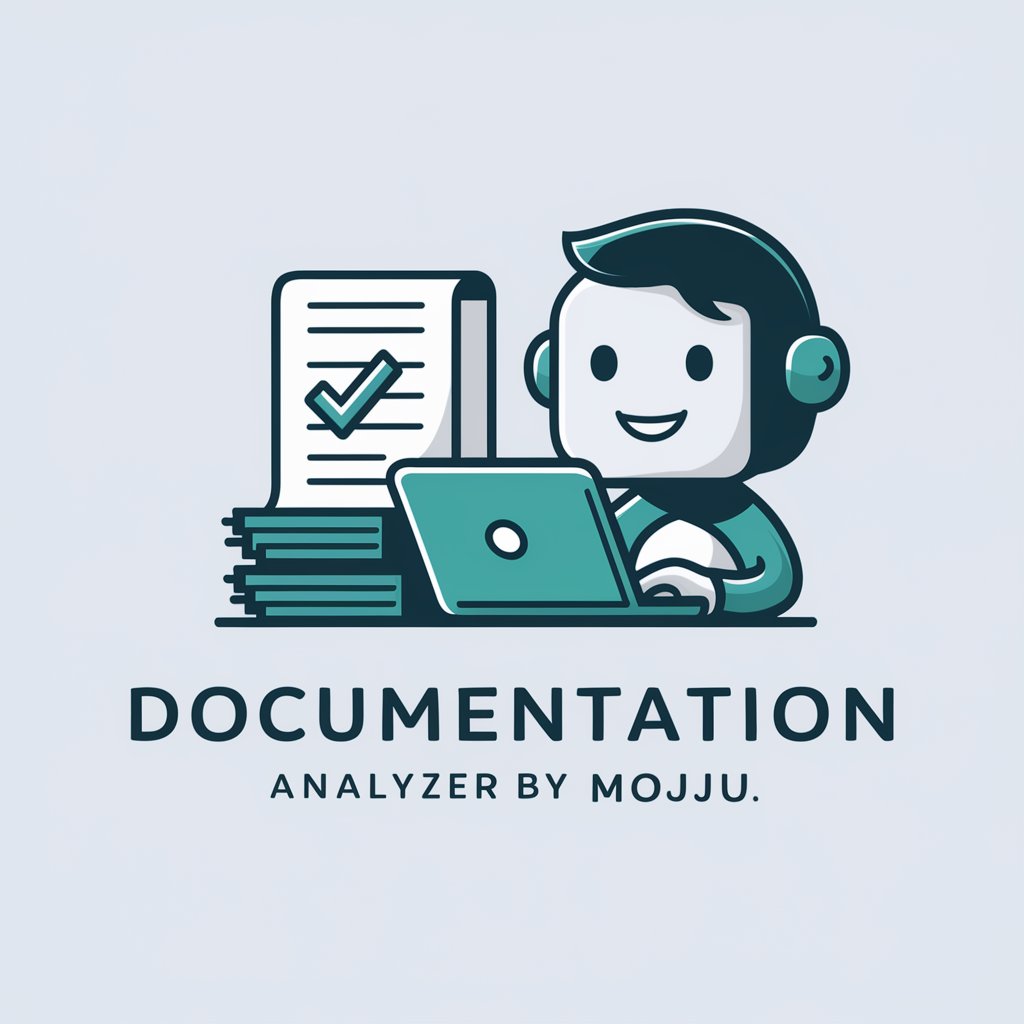
Legal Eagle
Deciphering Law with AI Precision
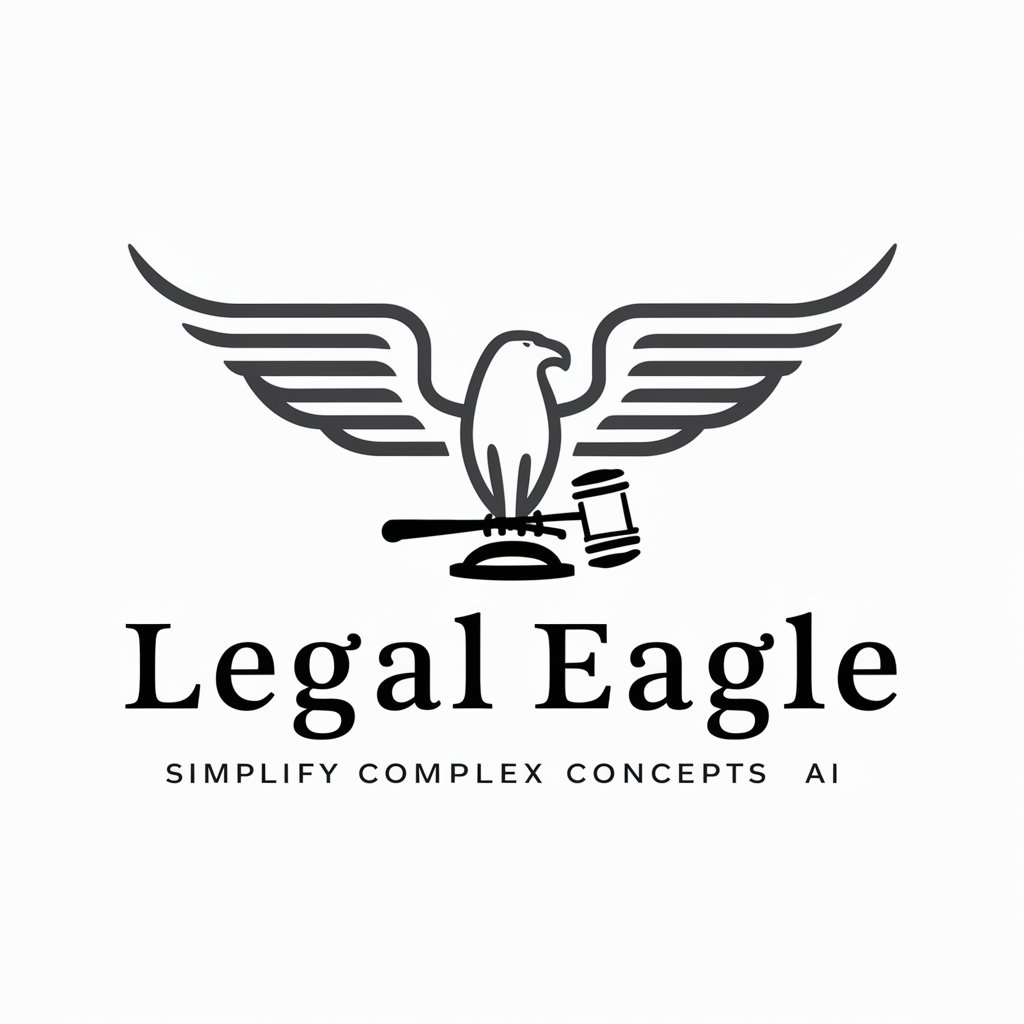
私人律师(民事)
AI-powered Civil Law Advisor

Essential Attributes of AI GPTs in Legal Document Analysis
These tools exhibit unique capabilities like contextual analysis, semantic understanding, and adaptive learning. They excel in tasks ranging from simple document summarization to complex legal argumentation. Key features include natural language processing, predictive analytics, and the ability to integrate with legal databases for comprehensive analysis.
Who Benefits from Legal Document Analysis AI?
The primary users include legal professionals, law students, and legal tech developers. These tools are accessible to novices without coding skills, offering intuitive interfaces, while also providing advanced customization options for users with technical expertise.
Try Our other AI GPTs tools for Free
Legislative Education
Discover how AI GPTs revolutionize Legislative Education, simplifying complex laws with tailored, interactive solutions. Ideal for novices, professionals, and developers alike.
Professional Legal Assistance
Revolutionize your legal tasks with AI GPTs – cutting-edge tools designed for efficient, accurate, and tailored legal assistance. Ideal for professionals seeking to enhance productivity and accuracy in legal endeavors.
Brazilian Law Compliance
Discover AI GPTs for Brazilian Law Compliance: an innovative suite of tools transforming legal research, document analysis, and regulatory adherence. Tailored for professionals and novices alike, these AI solutions redefine efficiency in Brazil's legal landscape.
Meal Nutritional Analysis
Discover the power of AI GPTs in Meal Nutritional Analysis. These tools offer tailored, user-friendly solutions for comprehensive dietary insights and health management.
Packaged Food Evaluation
Explore the cutting-edge AI GPTs for Packaged Food Evaluation, tailored for comprehensive analysis of food products. These tools offer multilingual support, image analysis, and up-to-date food standard compliance, ideal for professionals and novices alike.
Dietary Planning Support
Discover AI GPTs for Dietary Planning: your AI-powered companion for personalized dietary advice and meal planning, tailored to your health goals and preferences.
Expanding Horizons with AI in Legal Analysis
AI GPTs in legal document analysis are revolutionizing the sector with user-friendly interfaces and seamless integration capabilities. They adapt to various sectors within the legal field, offering bespoke solutions and enhancing the efficiency of legal workflows.
Frequently Asked Questions
What is AI GPT for Legal Document Analysis?
It's an AI technology specifically designed for the analysis and interpretation of legal texts, leveraging the power of GPT models.
Who can use these AI GPT tools?
They are suitable for legal professionals, students, and tech developers, irrespective of their coding skills.
Can these tools understand complex legal terminology?
Yes, they are trained to comprehend and interpret complex legal language and concepts.
Are there customization options for advanced users?
Absolutely, advanced users can tailor the tools to their specific needs through programming interfaces.
How do AI GPTs assist in legal research?
They can quickly analyze large volumes of legal texts, summarize cases, and identify relevant laws and precedents.
Is there support for multiple languages?
Many of these tools support multiple languages, making them versatile for international legal analysis.
Can these tools integrate with existing legal databases?
Yes, they can often be integrated with existing legal databases for enhanced analysis and research capabilities.
How do AI GPTs ensure data privacy and security?
These tools are designed with robust security measures to protect sensitive legal information and ensure compliance with data privacy regulations.